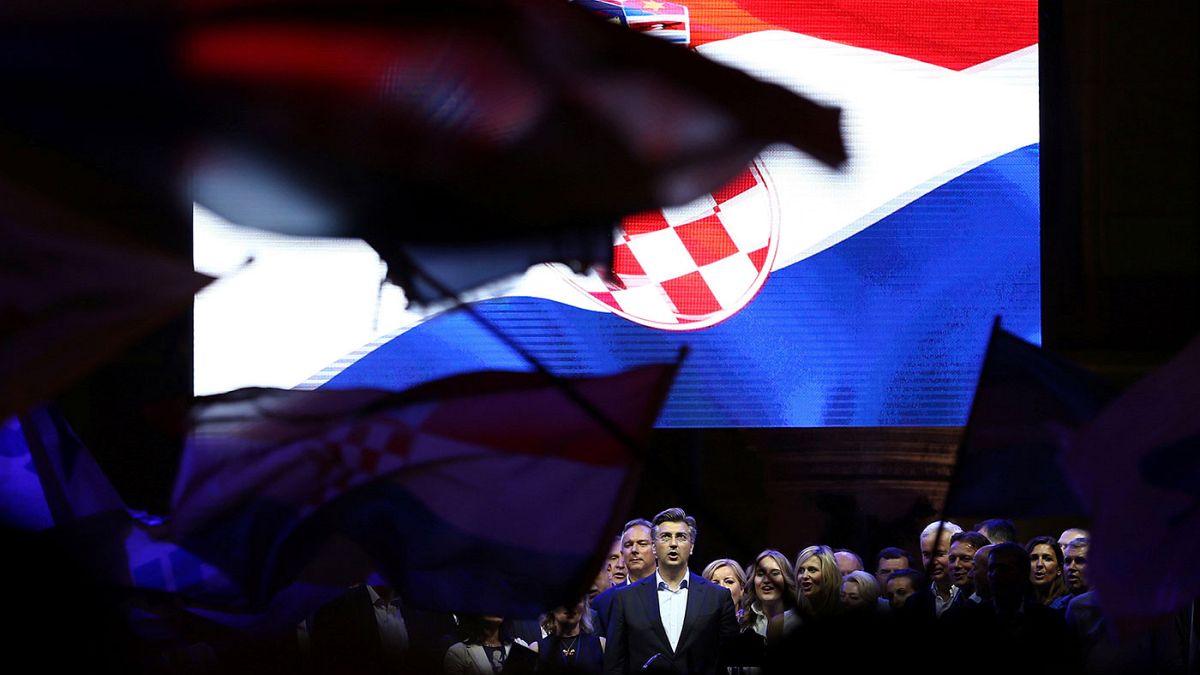A shifting of parties' political positions may facilitate coalition talks but voters remain sceptical it will deliver stable government?
In its long quest for political stability Croatia goes to the polls again on Sunday. It may prove elusive once more, with polls predicting no overall majority for either of the two main parties.
Forecast to get 34 percent of the votes, the Social Democrats’ Zoran Milanovic hopes to regain the premiership he lost in November following the short-lived victory of the HDZ conservatives.
Election stalemate likely in #Croatia, polls suggest https://t.co/j383vO3gxv (via
balkaninsight</a>)</p>— Andrew Burgess (ABbritabroad) September 9, 2016
He told supporters the party would have an open mind in any post-election negotiations. “We are ready to talk with everyone in Croatian politics who has solutions, who turns problems into solutions, and not the other way around,” he said.
Under the leadership of Andrej Plenković HDZ has moved towards the centre, drawing a line under the perceived extremism and populism of his predecessor, former prime minister Tomislav Karamarko.
“I look forward to be the relative victor of these elections and then to be in the position to start a new page of cooperation with [the political party] Most,” Plenković said. “I have no even remote responsibility for the misunderstandings that have occurred between the previous leadership of my party and Most.”
The centre-right party Most, which means Bridge, is expected to come third, thrusting it into the role of kingmaker in the classic tradition of inconclusive elections, and it appears more inclined to a deal with HDZ .
The only certainty is that whoever emerges as prime minister, their position will be fragile; an outcome to which the country seems resigned, according to writer and analyst Slavenka Drakulic: “I think it could be summarised in three words: One is disappointment, the other is distrust and the third is apathy. Disappointment in the former government which was led by the HDZ, Croatian Democratic Union, also because it was in coalition with the Bridge (Most). They proved to be rather useless, let’s say.”
Having joined the EU in 2013 Croatia is still mired in the economic travails affecting much of the bloc. Membership may have boosted its long-term prospects, but political instability is holding it back in the short term.
